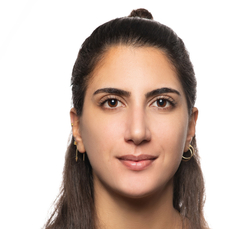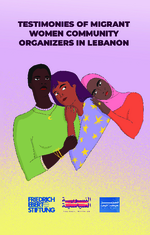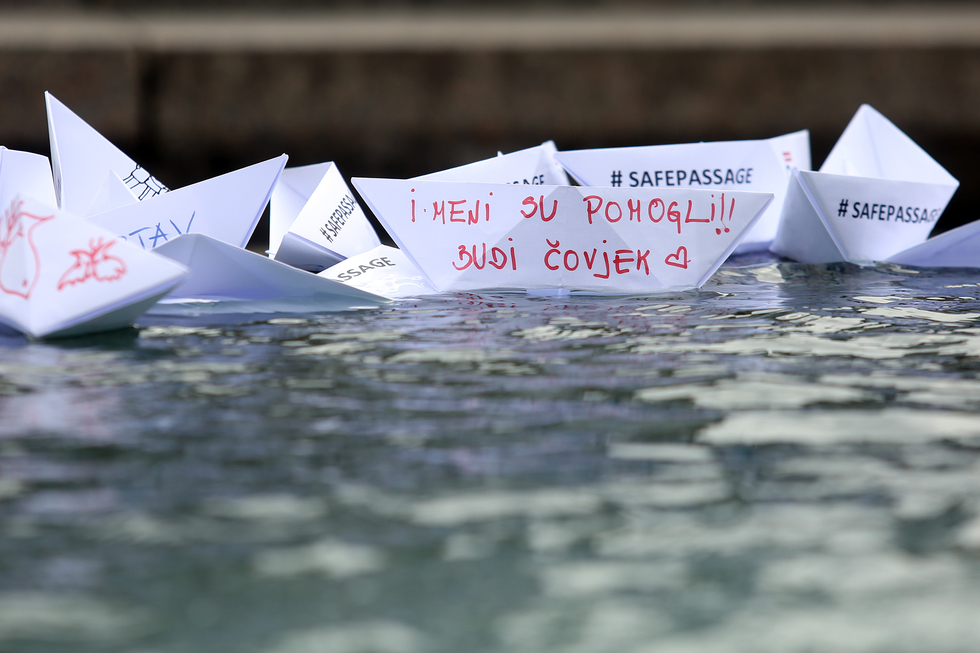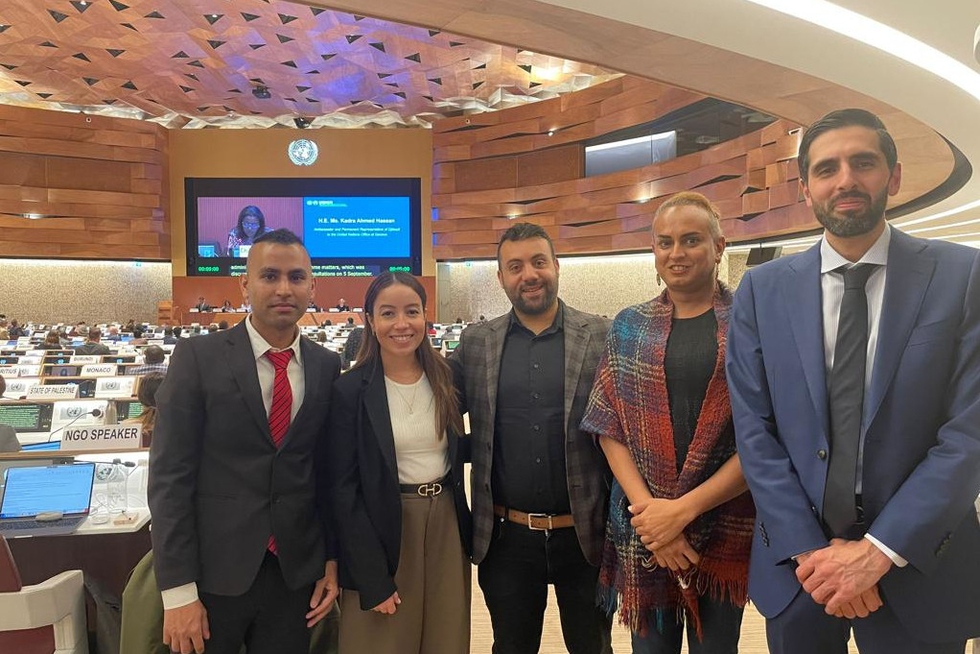International Women's Day: Beyond Victimhood

International Women's Day has its origin in feminism's first wave, for which women's suffrage was a fundamental demand. Because of this, the discourse surrounding this “holiday” often focuses on women's legal rights achievements under capitalism, disregarding its deep connection to economic justice. Nevertheless, the founders of International Women's Day were members of socialist movements who fiercely sought to abolish wage slavery and end domestic servitude for women.
A century later, the latter objectives remain (sadly, but predictably) unrealized. Domestic work continues to be undervalued and not acknowledged as legitimate "work." Even when paid, it is often severely underpriced and lacks proper regulation, subjecting many women workers to precarious conditions.
The Migration of Domestic Labor
Migration introduces an additional dimension to this issue: domestic work serves as a significantly larger source of employment for migrant than for non-migrant workers (ILO, 2015), resulting in multiple layers of exploitation. The Kafala, or Sponsorship system, acts as a regulatory framework for the lives of migrant domestic workers (MDWs) in various countries across the Middle East and the Gulf, and illustrates perfectly this complex web of oppression. Numerous organizations and groups even condemned this system as akin to "modern-day slavery," highlighting the significant violence faced by MDWs.
Yet critiques of the Kafala tend to focus solely on humanitarian concerns and instances of abuse, overlooking the broader issues of class relations and labor rights. International funders and the NGOs they support often portray MDWs as victims in need of rescue, designing projects around a short-term "protection and assistance" framework. But by isolating the experiences of MDWs as unique or exceptional, we make it harder to recognize their struggles as integral to the broader fight against systemic workers’ exploitation.
Moreover, as emphasized in a 2023 study conducted by the Anti-Racism Movement (ARM) in Lebanon, where domestic work is considered informal and thus not covered by labor law, MDWs are prohibited from establishing or joining labor unions or syndicates. Even the traditional Lebanese unionists themselves do not consider MDWs to be "real workers," and consequently exclude them from the broader labor movement. One president of the General Confederation of Lebanese Workers was even reported as saying: "Do you really expect me to equate my servant with the Lebanese worker in terms of wages and rights?" (Kobaissy, 2017)
Organizing Against All Odds
Caught between severely exploitative labor conditions, victimhood narratives of NGO funders, and marginalization by traditional labor movements, MDWs nonetheless have managed to organize and collectively advocate for their rights.
In Lebanon, MDWs have been establishing internal networks of solidarity and mutual support since the 1980s. These networks have evolved and connected with other civil society organizations and activists, enabling them to overcome some of the barriers described above and engage in advocacy.
These organizing efforts are evident in both the 2023 ARM study titled Historicizing migrant domestic workers' community organizing and class struggle in Lebanon and the 2023 Testimonies of migrant women community organizers in Lebanon by the Friedrich-Ebert-Stiftung. In one testimony, Sarah, a migrant domestic worker from Madagascar who has been working in Lebanon for the past 27 years, stated, “My activism started from within the house of my employer.” Fluent in both French and English, Sarah could read and interpret her own employment contract—a privilege that eludes many. Aware of her advantage, Sarah started explaining contracts to fellow MDWs, helping them to understand their rights better. This led her to become increasingly involved in her community, eventually assuming the role of a community organizer herself.
Other forms of activism and organizing take a more structured approach. One group highlighted in the ARM study is Egna Legna, which means “from us to us” in Amharic. Founded in 2017 and led by Ethiopian MDWs in Lebanon, Egna Legna is a feminist mutual aid organization. It has played a crucial role in addressing various social, economic, cultural, and political issues. The organization offers shelter, legal assistance, food, medical supplies, and training for income-generating activities. Additionally, they expedite repatriations and organize community-building events. Egna Legna also actively campaigns against the exploitative Kafala system through informal political organizing and awareness raising campaigns. The organization supports itself through crowdfunding, international donors, and partnerships with other organizations. They collaborate with feminist groups across Lebanon and have extended their services to non-Ethiopian domestic workers as well.
Reflecting on the findings of the two previously-mentioned publications, as well as interviews conducted with MDWs in Lebanon in 2023, it is evident that many migrant initiatives in Lebanon operate informally, lacking official status and clear procedures. While this flexibility allows for more responsive and adaptable approaches, it can lead to problems as these groups mature. On the other hand, rushing towards formalization is not always the answer, as organizations must remain adaptable to their members' needs. Furthermore, MDW groups frequently encounter obstacles when receiving support from international and local NGOs, as they often tend to overlook important aspects of MDWs’ struggle and advocate on their behalf without genuine consultation. This highlights the necessity for a more radical approach to labor advocacy, one that challenges deeply rooted power structures and amplifies the voices of marginalized workers. Recognizing that all migrant groups engage in labor organizing, regardless of formal union affiliation, is a critical step toward dismantling oppressive systems and achieving true social justice.
Re-Politicizing the Fight of Migrant Domestic Workers
The ongoing struggle of MDWs serves as a poignant reminder of the urgent need for alternative feminist politics dedicated to advancing gender and class justice beyond boundaries of nationality and race. Just as these workers strive for emancipation from exploitative labor conditions, their fight also demands a platform for collective action within an emancipatory framework, breaking free from the confines of identity politics and narratives of victimhood.
Amidst the dominance of capitalism and its accompanying neoliberal practices, which systematically undermines labor and feminist movements, it is crucial to acknowledge how these struggles are interconnected. The challenges faced by MDWs are not isolated. They are part of a broader collective battle against the systemic abuses perpetuated by all oppressive systems.
In commemoration of International Women's Day, let’s reclaim its original spirit of solidarity and collective action, ensuring that it remains a catalyst for social change. It is up to labor unions, international organizations, and local NGOs to stand in solidarity with political feminist activism by fostering feminist consciousness and strengthening grassroots organizing efforts. They must recognize their integral role in the broader fight for gender, economic, and social justice.
Testimonies of migrant women community organizers in Lebanon
Download (PDF) (9,5 MB PDF-File)
About the author

Samantha Elia works as a Program Manager at the Friedrich-Ebert-Stiftung’s regional project on Political Feminism and Gender in the MENA region. Her focus is on gender justice, care work, migrant domestic workers' rights, and integrating feminist and decolonizing methodologies into development programs. Samantha earned her Master’s in Democratic Governance and Civil Society from the University of Osnabrück, Germany in 2018, following her completion of a B.A. in Political Sciences and Public Administration at the American University of Beirut in 2014.




